Cognitive Development Normal Science Worksheets for Ages 3-4
7 filtered results
-
From - To
Nurture your child's cognitive growth with our expertly crafted Cognitive Development Normal Science Worksheets tailored for ages 3-4. These engaging resources seamlessly integrate fundamental science concepts with playful activities, encouraging young minds to explore, observe, and learn. Each worksheet, meticulously designed by educational professionals, enhances critical thinking and problem-solving skills in an age-appropriate manner. Spark your child's curiosity and lay the foundation for lifelong learning with these vibrant, fun-filled exercises that transform science basics into exciting adventures. Perfect for preschoolers, these worksheets offer a captivating early introduction to the wonders of the natural world.
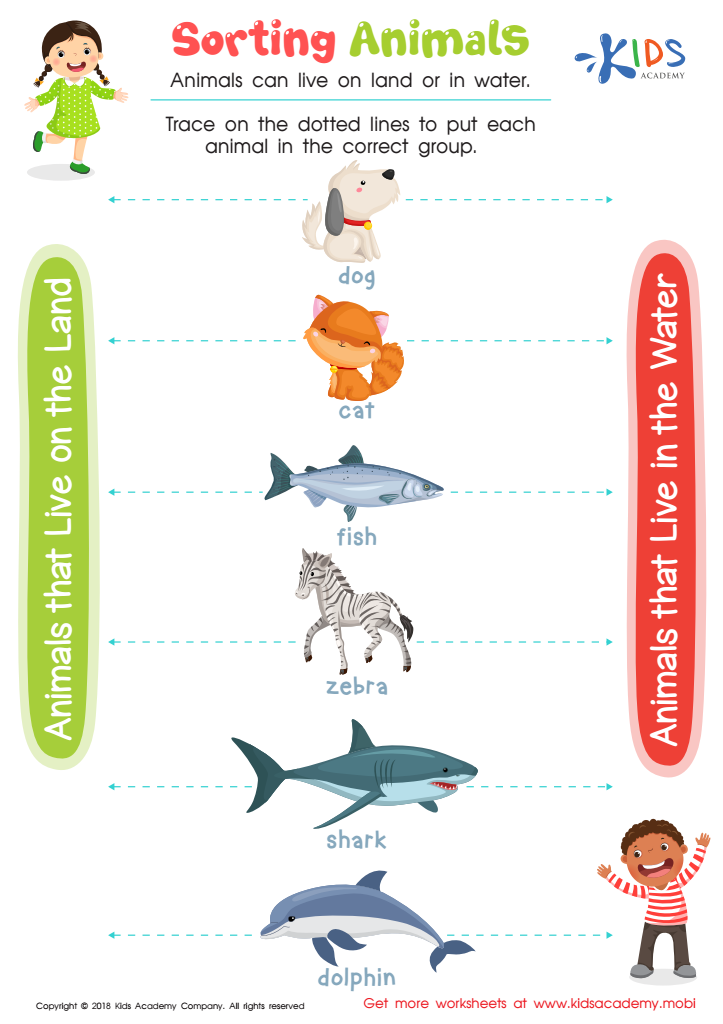

Sorting Animals Worksheet
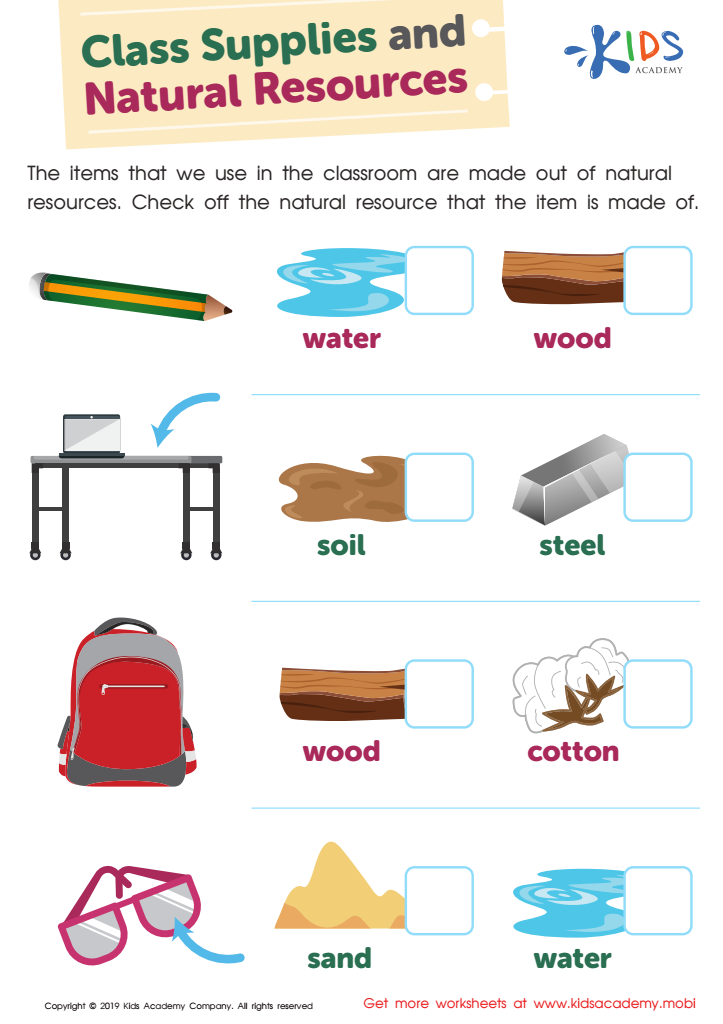

Class Supplies and Natural Resources Worksheet


Carnivores Worksheet
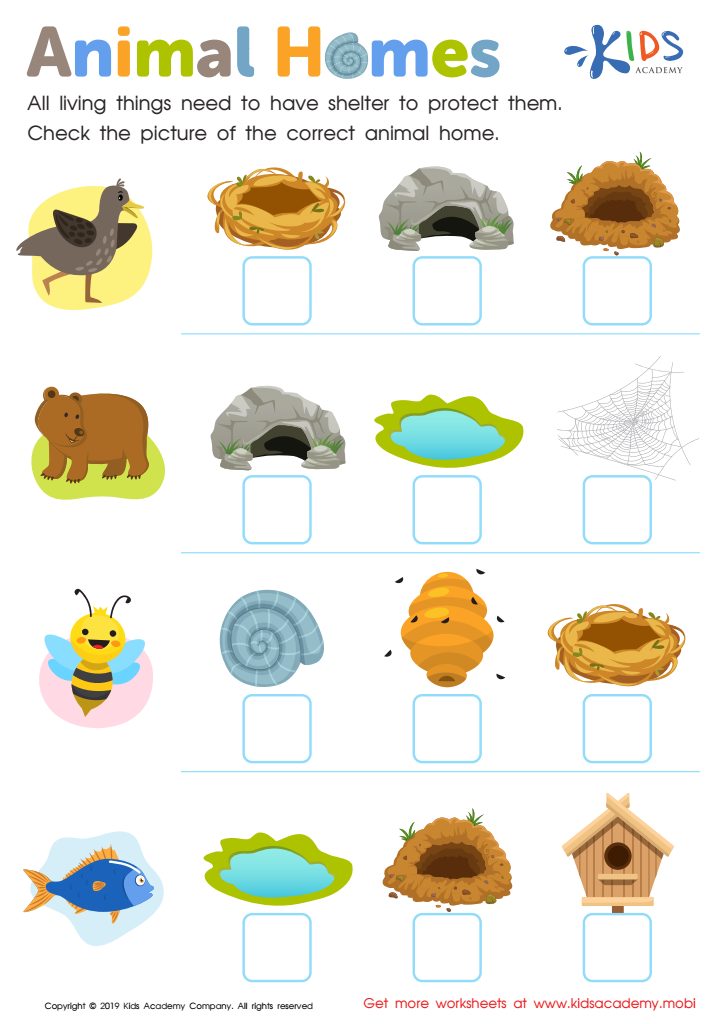

Animal Homes Worksheet
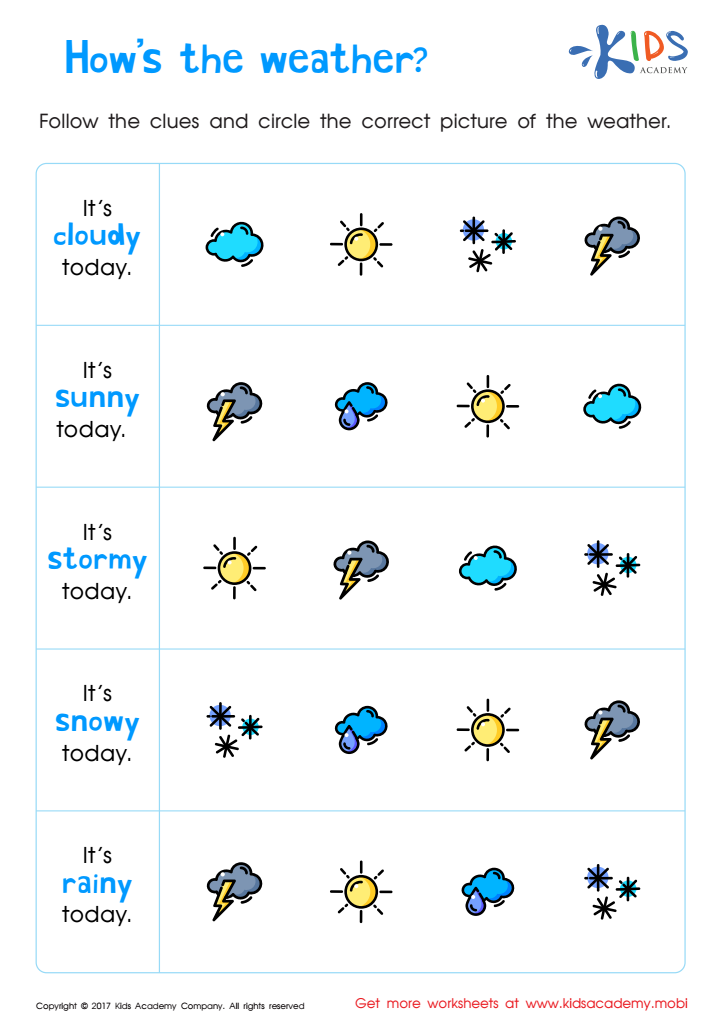

Hows the Weather Worksheet
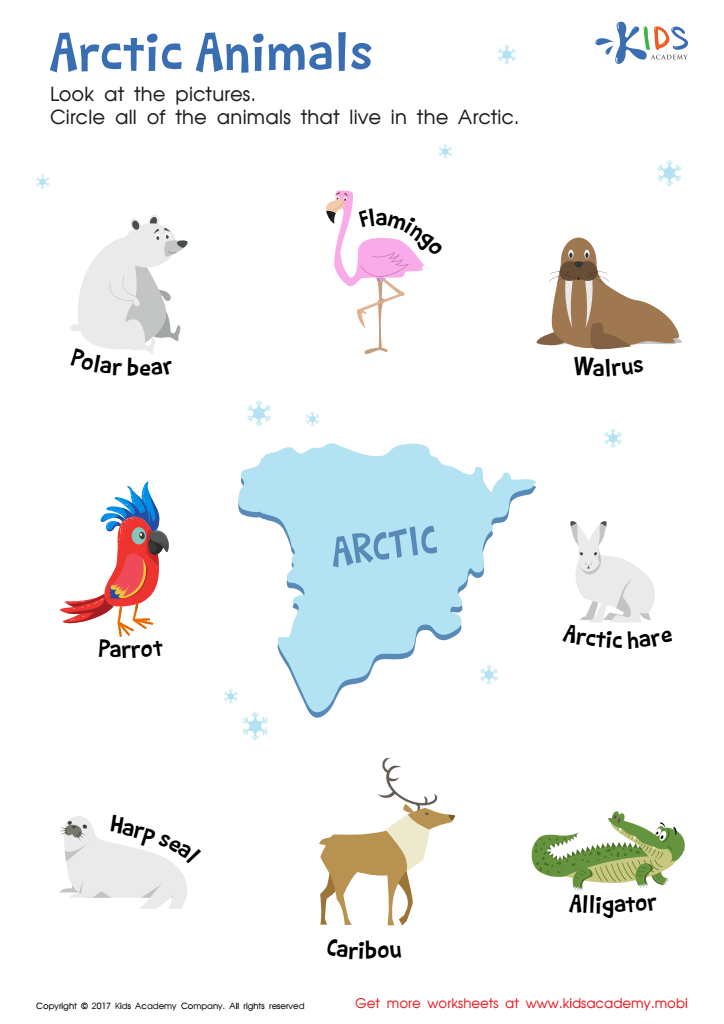

Arctic Animals Worksheet
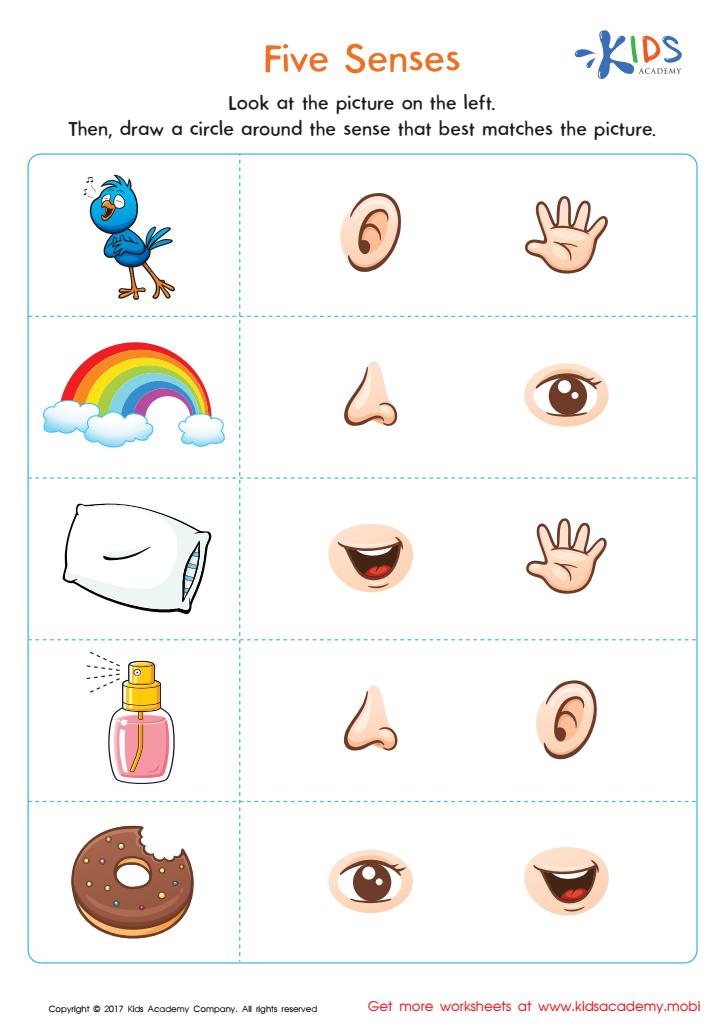

Five Senses Printable
Caring about cognitive development in early childhood, particularly for ages 3-4, is crucial for parents and teachers. During this formative period, children's brains are incredibly malleable and receptive to new information, providing a foundation for lifelong learning and development. Cognitive development encompasses essential skills such as memory, problem-solving, language acquisition, and understanding of the world.
At ages 3-4, children's brains grow rapidly, forming connections that are vital for future academic and social success. Exposure to age-appropriate scientific concepts through play, exploration, and structured activities can stimulate curiosity and critical thinking. When children engage in normal science activities, they begin to understand cause and effect, develop hypotheses, observe outcomes, and ask questions about their environment.
Moreover, fostering cognitive development early on enhances attention span, self-control, and planning abilities, which are important for school readiness. It also aids in language development, helping children articulate thoughts and experiences more clearly. For instance, simple experiments like mixing colors or planting seeds can teach children basic scientific principles and vocabulary.
Supporting cognitive growth at this stage also helps identify any developmental delays early, allowing for timely intervention. Overall, prioritizing cognitive development in early childhood equips children with the tools and confidence needed for lifelong learning and adaptation.
 Assign to My Students
Assign to My Students









.jpg)









